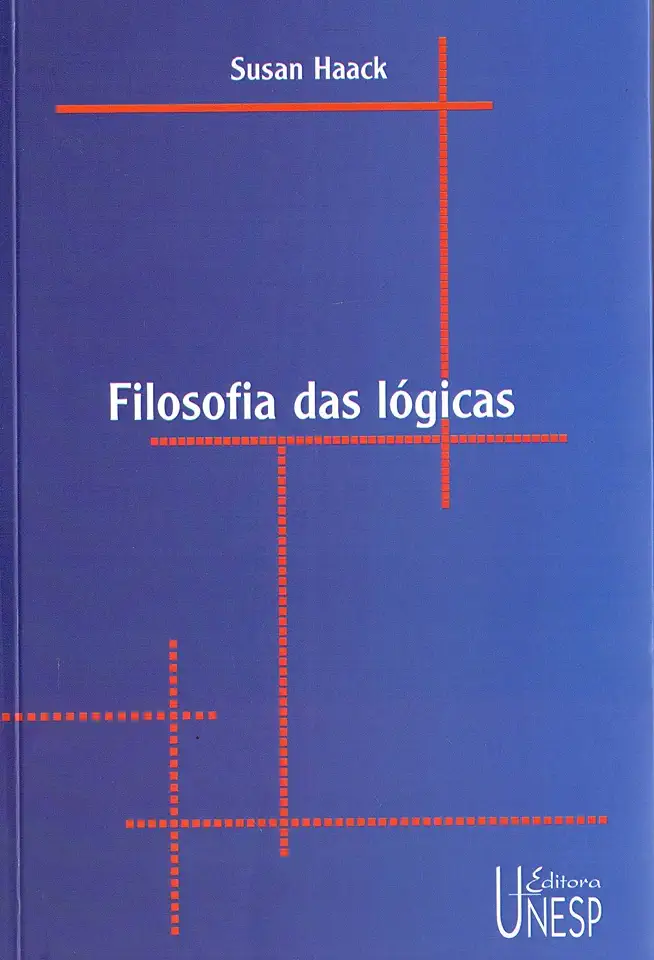
Philosophy of Logics - Susan Haack
Philosophy of Logics: A Comprehensive Guide to the Field
Introduction
In her book "Philosophy of Logics", Susan Haack provides a comprehensive and accessible introduction to the field of philosophical logic. Haack begins by introducing the basic concepts of logic, such as arguments, validity, and soundness. She then explores the different types of logical systems, including classical logic, non-classical logic, and modal logic.
Classical Logic
Classical logic is the traditional system of logic that has been used for centuries. It is based on the laws of identity, non-contradiction, and the excluded middle. Haack provides a detailed explanation of these laws and how they are used to construct valid arguments. She also discusses the limitations of classical logic, such as its inability to handle certain types of paradoxes.
Non-Classical Logic
Non-classical logic is a term used to describe any system of logic that is not classical logic. There are many different types of non-classical logic, each with its own unique features. Haack discusses some of the most important non-classical logics, such as intuitionistic logic, modal logic, and fuzzy logic. She explains the differences between these logics and classical logic, and she explores their applications in various fields.
Modal Logic
Modal logic is a type of non-classical logic that is used to represent and reason about possibility and necessity. Haack provides a detailed introduction to modal logic, including the different types of modal operators and the rules for constructing valid modal arguments. She also discusses the applications of modal logic in philosophy, computer science, and other fields.
Applications of Logic
Logic is a powerful tool that can be used in a variety of fields. Haack discusses some of the most important applications of logic, such as its use in philosophy, mathematics, computer science, and artificial intelligence. She also explores the ethical implications of logic, such as the use of logic to justify discrimination or to make decisions about life and death.
Conclusion
"Philosophy of Logics" is a comprehensive and accessible introduction to the field of philosophical logic. Haack provides a clear and concise explanation of the basic concepts of logic, and she explores the different types of logical systems and their applications in various fields. This book is an essential resource for anyone who is interested in learning more about logic.
Why You Should Buy This Book
If you are interested in learning more about logic, then "Philosophy of Logics" is the book for you. This book provides a comprehensive and accessible introduction to the field of philosophical logic. Haack provides a clear and concise explanation of the basic concepts of logic, and she explores the different types of logical systems and their applications in various fields. This book is an essential resource for anyone who is interested in learning more about logic.
Here are a few reasons why you should buy this book:
- It is a comprehensive and accessible introduction to the field of philosophical logic.
- It provides a clear and concise explanation of the basic concepts of logic.
- It explores the different types of logical systems and their applications in various fields.
- It is an essential resource for anyone who is interested in learning more about logic.